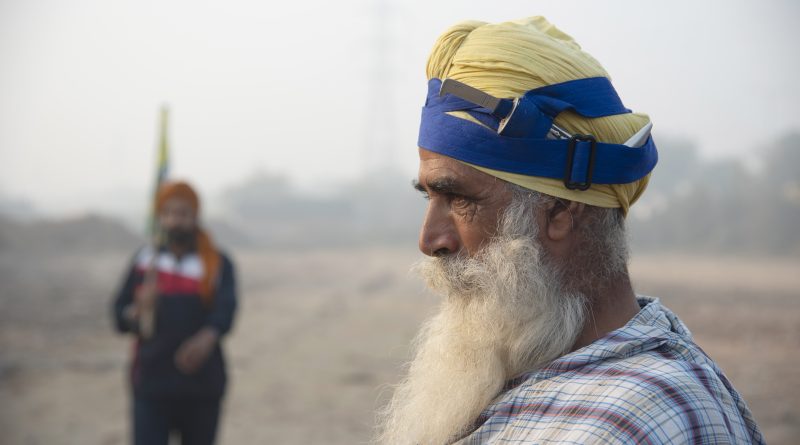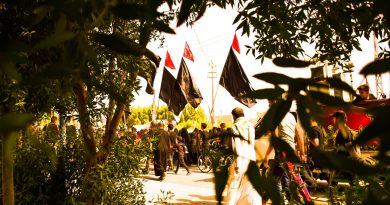Indian Farmer Protests Draw International Scrutiny
Natalie Sherman
Staff Writer
Farmers in India began protesting the new farming regulations instituted under the Modi government in early November. Protests escalated in both size and scale in the months that followed, culminating in violent confrontations with police at Red Fort in New Delhi on January 26. Reuters reports that the protests continued February 5, with thousands of farmers across India blocking off roads with their tractors, tents, and boulders.
The protests started over the frustrations by Indian farmers about new legislation that changes how crops are bought and sold. According to Quartz India, “The contentious farm sector bills, meant to liberalize the industry by opening it up to private players and companies, were opposed by several parliamentarians from Congress, Aam Aadmi Party, Trinamool Congress, and DMK.” The legislation would allow private market forces into the farming sector in India, which is already largely regulated by the government. Quartz India describes the process by stating, “Currently, farmers take their produce to wholesale markets or mandis governed by the Agricultural Produce Market Committee (APMC). The APMC in every state decides the prices it will pay the producers, and then sells them further.”
Farmers’ distrust for the Modi government has increased because of constant changes in exporting regulations. The Print reports that between 2015 and 2019, exporting regulations on onions changed 17 times. There are many similar examples of other impromptu changes in regulations that caused farmers difficulty.
The tension surrounding these regulations are not limited to the farmers’ protests. Political tensions surrounding the bills were exposed in a parliamentary meeting during which altercations occurred between several parliamentarians. Eight of the parliamentarians were suspended after these events.
Within the past months, tensions rose even further. On Jan. 26, the Republic Day in India, farmers clashed with police after deviating from the approved route for a protest in Delhi where farmers walked, rode horses, and drove their tractors through the city. One protester was killed during the protests when his tractor overturned and hit a barricade.
The protest devolved into violent confrontations between protesters and police when protestors reached Red Fort, a UNESCO World Heritage Site in New Delhi. The Modi Government compared the confrontations between police and protestors at Red Fort to the Capitol Riots that occurred in Washington, D.C. on Jan. 6. BBC News reports, 200 protesters were arrested, and 300 police officers were injured.
Many high-profile figures, including Prime Minister of Canada Justin Trudeau, environmental activist Greta Thunberg, and global celebrity Rihanna, spoke out in favor of the protesting farmers, only to receive criticism from the Indian government in return. Notably, Prime Minister Trudeau called the situation “concerning” and was hit back by the Modi government who called his comments, “unwarranted,” according to Quartz India. Modi’s government proceeded to investigate Greta Thunberg’s twitter after she shared a “protest toolkit.” Rihanna was called a “fool” by Bollywood actress Kangana Ranaut, and received a deluge of other abuse online, according to Al Jazeera.
Sadanand Dhume, a columnist for the Wall Street journal, told NPR that “The government response has been over the top.” Dhume claims the Indian government responded “as though Rihanna was not an individual but an enemy country,” calling the government “reminiscent of a quasi-authoritarian state where you have dozens of these celebrities tweeting exactly the same words at the same time and talking about how India is under threat and how India is going to stand up for itself.”
This response was considered concerning for many, and a possible indication that India is moving in a more authoritarian direction. The protests are presently an extremely divisive topic in India with Modi supporters referring to the protestors as terrorists. Members of the Modi government also referred to external criticism as, “foreign destructive ideology,” as reported by Sadanand Dhume in the Wall Street Journal. However, as these protests remain in world news, the Modi government will continue to face international scrutiny.


